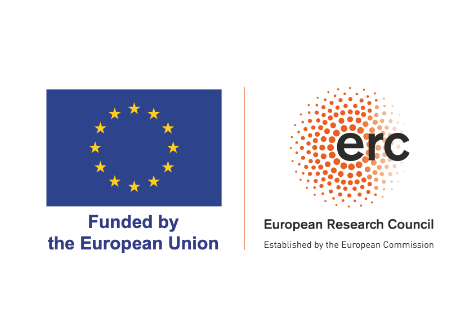PhD Student - Hardware Development and Data Reconstruction for the NEXT Experiment (Closed)
francesc.monrabal@dipc.org
helena.almazan@dipc.org
We are currently accepting applications for the above mentioned position. This is a unique opportunity for highly motivated students recently graduated from the University in Physics or related fields to gain research experience in one of DIPC’s high-profile research teams.
The role
The search for neutrinoless double beta decay is one of the most important challenges in modern particle physics, as its discovery would confirm that neutrinos are Majorana particles and provide insight into the absolute mass scale of neutrinos. The NEXT (Neutrino Experiment with a Xenon TPC) collaboration is a leading international effort in this field, developing high-pressure gas detectors with excellent energy resolution and topological capabilities to identify rare events with high precision. As part of this effort, the NEXT-HD-DEMO project at DIPC aims to develop and demonstrate the scalability of this detection technology for future large-scale experiments, such as NEXT-HD. This new prototype detector currently under construction will operate with pressurised xenon gas and feature advanced readout and trigger systems to optimise energy measurement and event reconstruction. We are looking for PhD candidates with experience in particle physics, and gas-based detectors, to carry out the hardware development and data reconstruction of the NEXT-HD-DEMO experiment. A background in particle instrumentation, detector calibration, or signal processing will be highly considered.
Desired background & competences
Candidates should have hands-on experience with gas-based detectors. Additionally, experience in data analysis and event reconstruction would be required. Proficiency in programming languages such as Python or C++, as well as simulation tools like GEANT4, will be considered a strong advantage. The ability to work both independently and as part of a collaborative, international research team is crucial.
Working conditions
- Contract duration: 1 year (possibility to extend up to 4 years)
- Estimated annual gross salary: Salary is commensurate with qualifications and consistent with our pay scales
- Target start date: 2025/09/01
We provide a highly stimulating research environment, and unique professional career development opportunities.
We offer and promote a diverse and inclusive environment and welcomes applicants regardless of age, disability, gender, nationality, ethnicity, religion, sexual orientation or gender identity.
The center
About the team
The neutrino group at the DIPC (https://neutrino.dipc.org/) is dedicated to exploring fundamental questions in particle physics, particularly focusing on the elusive neutrino. Their research aims to understand the origin of matter by investigating rare processes such as neutrinoless double beta decay. The team leads the NEXT (Neutrino Experiment with a Xenon TPC) collaboration, an international effort searching for neutrinoless double beta decay using high-pressure xenon gas time projection chambers. This experiment is conducted at the Canfranc Underground Laboratory. In addition to NEXT, the group is involved in developing innovative detection technologies, such as the PETALO project, which aims to enhance Positron Emission Tomography (PET) imaging. They are also contributing to neutrino research at the European Spallation Source (ESS) and the Hyper-Kamiokande experiment. The DIPC neutrino group comprises physicists and engineers with expertise in particle detection, data analysis, and instrumentation. Their collaborative approach and involvement in cutting-edge experiments position them at the forefront of neutrino research.
How to apply
Interested candidates should submit an updated CV and a brief statement of interest to the following application email below.
Reference letters are welcome but not indispensable.
The reference of the specific opening to which the candidate is applying should be stated in the subject line, and the application must be received before the application deadline.
Although candidates are welcome to contact the project supervisors to know further details about the proposed research activity, please be aware that the application will be evaluated only if it is submitted directly to the email address listed below as application email.
- Reference: 2025/48
- Application deadline: 2025/08/11
- Application email: jobs.research@dipc.org
Selection process
Applications received by the deadline will be evaluated by a Committee designed by the DIPC board on the basis of the following criteria:
- CV of the candidate (60%)
- Adequacy of the candidate’s scientific background to the project (20%)
- Reference letters (10%)
- Other: Diversity in gender, race, nationality, etc. (10%)
Evaluation results will be communicated to the candidates soon after. Positions will only be filled if qualified candidates are found.
The DIPC may revoke its decision if the candidate fails to join by the appointed time, in which case the position will be awarded to the candidate with the next highest score, provided it is above 50 (out of 100).
However, the selected candidate may keep the position if, in the opinion of the Selection Committee, the candidate duly justifies the reasons why he or she cannot join before the specified deadline, and as long as the project allows it.
This contract is part of the GanESS project that has received funding from the European Research Council (ERC) under Grant agreement No. 101039048, ERC-2021-Starting Grant, Horizon Europe

